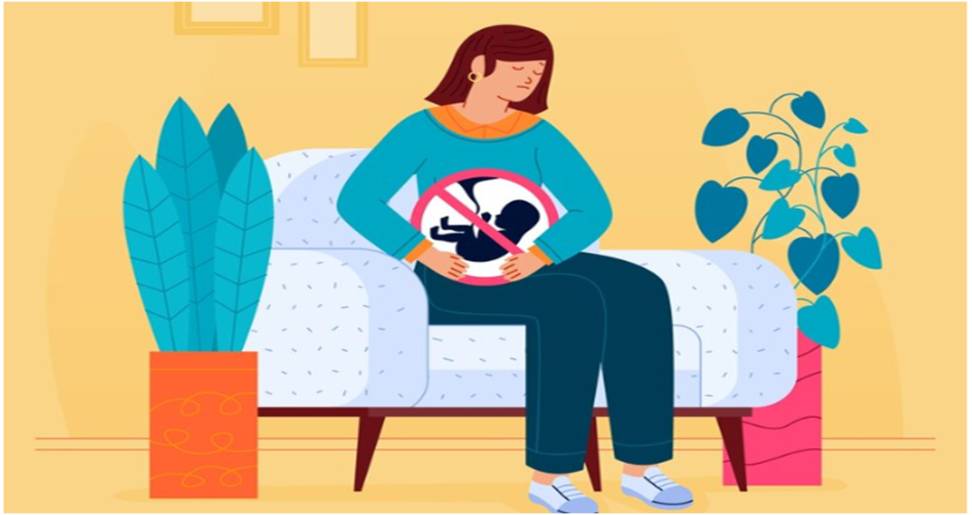Experiencing an abortion is a deeply personal and often challenging journey. Whether it was a decision made for medical, personal, or other reasons, the period following the procedure requires careful attention to both physical and emotional well-being. Post-abortion care is crucial for a smooth recovery, and understanding the necessary steps can help ensure you heal both physically and mentally.
Understanding the Physical Recovery Process
The physical recovery process after an abortion varies depending on the type of procedure—medical or surgical. However, there are general guidelines and care tips that apply across the board.
1. Rest and Recuperation
Immediately following an abortion, rest is paramount. Your body has undergone a significant process, and it needs time to heal. It’s advisable to take at least a few days off from work or school to allow your body to recuperate. During this time, avoid strenuous activities, heavy lifting, and exercise. Listen to your body and give it the time it needs to heal.
2. Managing Pain and Discomfort
It’s normal to experience cramping and light bleeding for several days after an abortion. Over-the-counter pain relievers like ibuprofen can help manage discomfort, but it’s essential to follow the dosage instructions carefully. Heating pads can also provide relief from cramps. If pain is severe or persistent, it’s crucial to contact your healthcare provider, as this could indicate complications that require medical attention.
3. Monitoring Bleeding and Discharge
Light to moderate bleeding is normal after an abortion and may continue for up to two weeks. However, excessive bleeding—defined as soaking through more than two pads in an hour for two consecutive hours—or passing large clots should prompt an immediate call to your healthcare provider. Pay attention to any unusual discharge or foul odor, as these could be signs of infection that require prompt treatment.
4. Avoiding Sexual Activity
To reduce the risk of infection, it’s recommended to avoid sexual intercourse, douching, or inserting anything into the vagina for at least two weeks following the procedure. Your healthcare provider will give you specific guidelines based on your situation, so it’s important to adhere to their advice.
5. Follow-Up Care
A follow-up appointment with your healthcare provider is a vital part of post abortion care. This visit typically occurs within two weeks of the procedure and allows your provider to ensure that you are healing properly. During this appointment, they may perform an ultrasound or physical examination to confirm that the abortion was complete and to check for any signs of complications.
Emotional Recovery: A Critical Aspect of Post-Abortion Care
While physical recovery is often the primary focus, emotional recovery is just as important. The emotional impact of an abortion varies widely from person to person, and it’s essential to acknowledge and address your feelings during this time.
1. Processing Your Emotions
It’s common to experience a range of emotions after an abortion, including relief, sadness, guilt, or even confusion. All these feelings are valid, and it’s important to give yourself permission to feel and process them. Journaling, talking to a trusted friend, or seeking support from a counselor can be helpful in navigating these complex emotions.
2. Seeking Support
You don’t have to go through this experience alone. Whether it’s a close friend, family member, or support group, connecting with others who can offer empathy and understanding can be incredibly beneficial. Many organizations also offer post-abortion counseling services, providing a safe space to explore your feelings and receive professional support.
3. Understanding and Accepting Your Decision
For some, coming to terms with the decision to have an abortion can be difficult. Remember that the choice was yours to make, and it was made based on the best information and circumstances available at the time. Self-compassion is crucial during this period. Remind yourself that it’s okay to take the time you need to process and heal.
4. Identifying and Addressing Post-Abortion Stress
In some cases, individuals may experience what is known as post-abortion stress, a form of emotional distress that can occur after an abortion. Symptoms may include persistent sadness, anxiety, or difficulty in relationships. If you notice these symptoms persisting, it’s important to seek professional help. A counselor or therapist experienced in post-abortion care can provide the support needed to work through these feelings.
Conclusion
Navigating post-abortion care requires a balanced approach that addresses both physical and emotional well-being. By following the essential steps outlined above, you can help ensure a smoother recovery process. Remember that post-abortion care is not just about healing your body but also about nurturing your emotional health. It’s okay to seek help, take your time, and prioritize your well-being during this period. Every individual’s journey is unique, and it’s important to honor your own experience as you move forward.
Read More:
- The Surprising Benefits of Professional Drain Cleaning
- Ladbrokes’ Online Betting Market Analysis: Insights and Trends
- Ladbrokes’ Partnership with Major Sports Leagues in Online Betting

